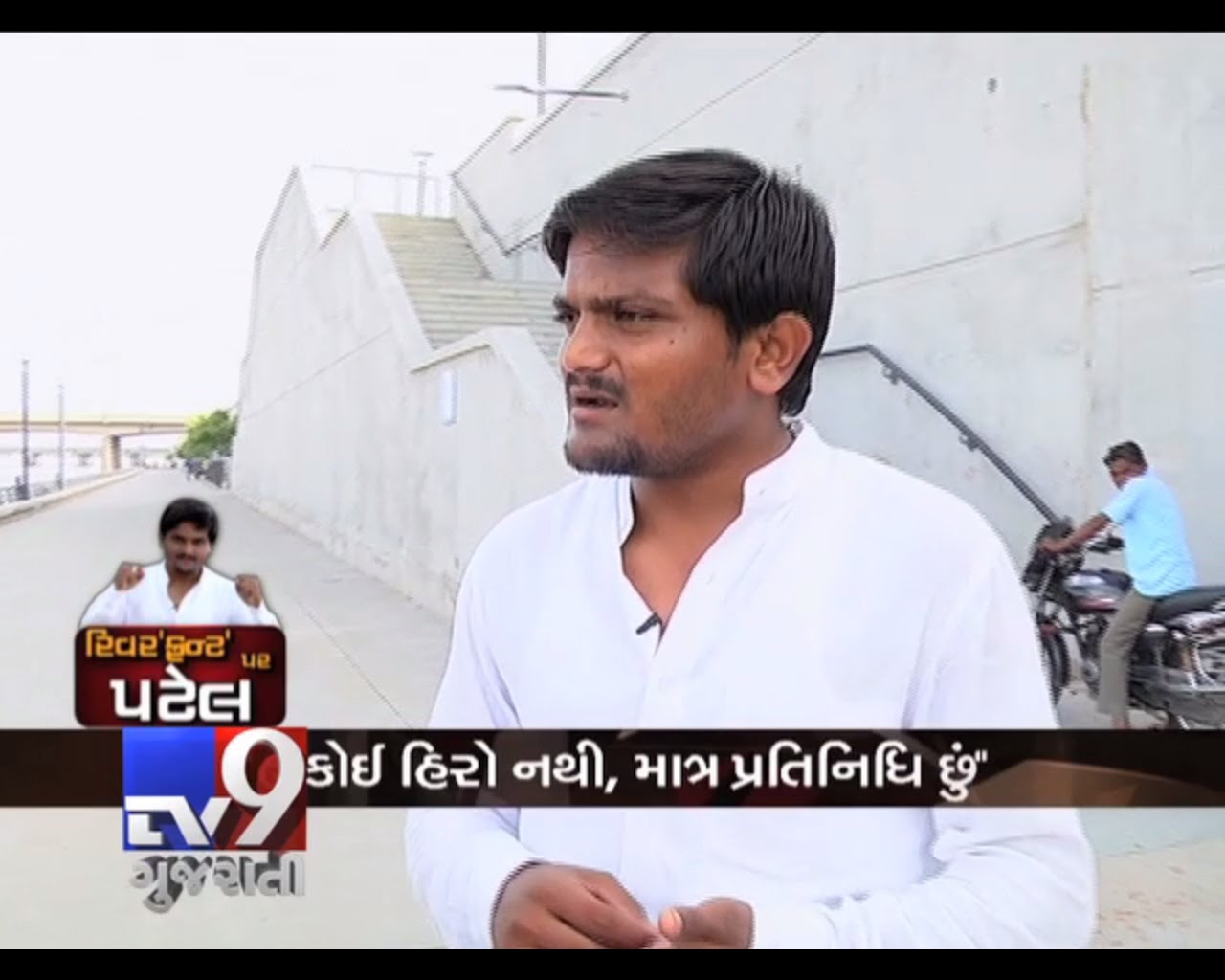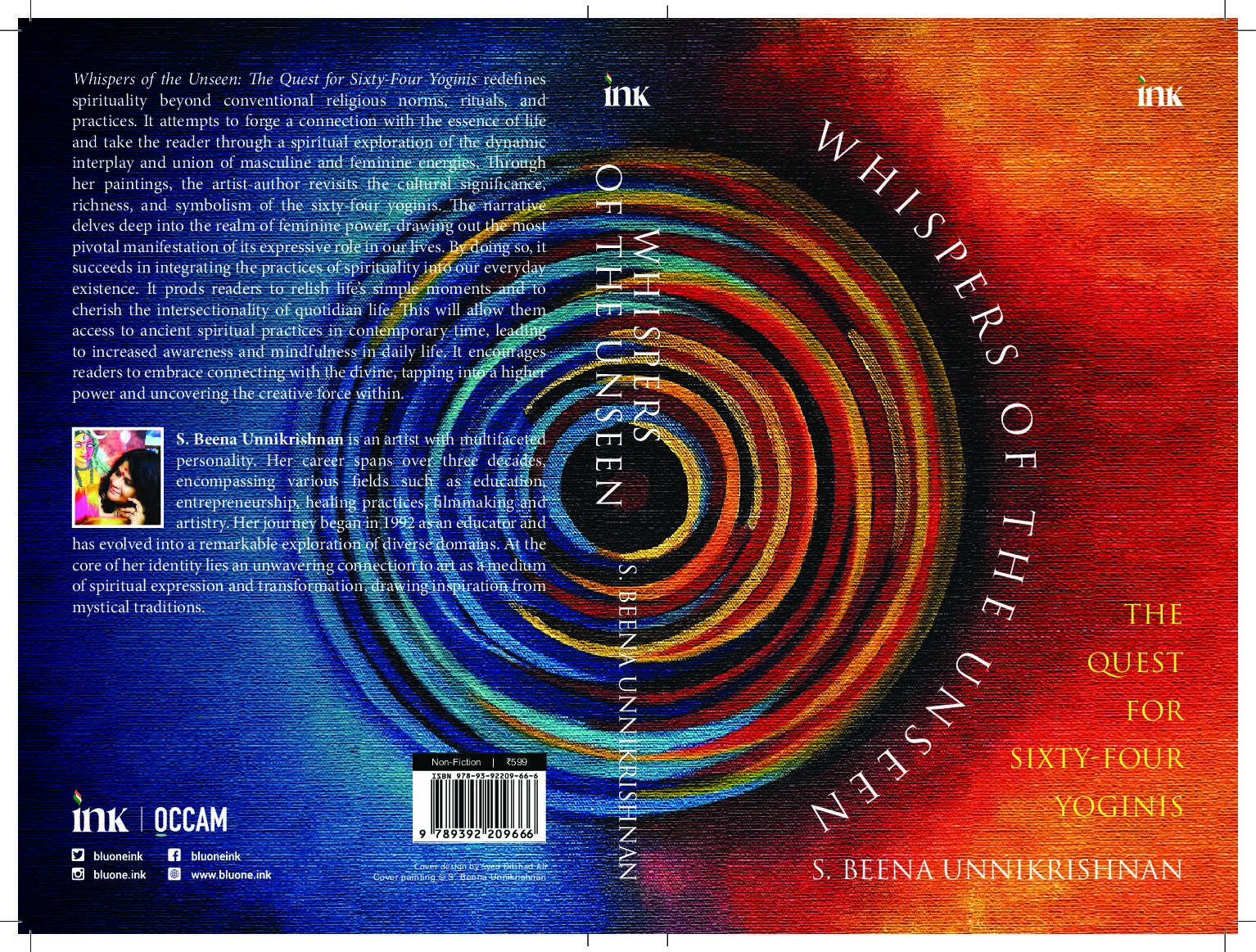Hardik Patel symbolizes Modi’s failure
Ravi Shanker Kapoor | August 28, 2015 2:32 am

Typically, the meteoric rise of Hardik Patel, who is demanding the other backward class or OBC status for Patels, has given rise to a great deal of heat and dust, and quite a handful of conspiracy theories, but little light. The key to the conundrum, though, is simple: the abysmal failure of the Narendra Modi government to bring achhe din has resulted in widespread despair and disenchantment in the country; the Hardik Patel phenomenon is one of the manifestations of that disillusionment.
When Modi assumed office over 15 months ago, it was expected of him to do justice to what he called the “mandate of hope.” Not that people expected the country to metamorphose into an Arcadia by the mere change of regime, but they did expect some meaningful change, or at least its beginning. What they got instead were endless speeches, repackaging of schemes, countless jamborees, catchy slogans, and nonstop claptrap. People can’t see anything on the ground.
There is Swachh Bharat Abhiyan with a great deal of drivel and photo-ops, but streets remain unclean, sewage overflows, garbage is strewn all around, and toilets in public places are still inadequate. Nothing has been done to improve the functioning of the local authorities.
There is Digital India, “a flagship programme of the Government of India with a vision to transform India into a digitally empowered society and knowledge economy.” But calls get dropped.
There is Make in India, “a major new national program. Designed to facilitate investment. Foster innovation. Enhance skill development. Protect intellectual property. And build best-in-class manufacturing infrastructure. There’s never been a better time to Make in India.” Tall claims, but the fact is that not many investors—neither foreign nor domestic, not even public sector undertakings—are queuing up to invest in India. As a consequence, job creation is sluggish.
Forget the removal of Article 370; the Bharatiya Janata Party is now an ally of the pro-Pakistan PDP. Universal civil code is not even discussed. Terrorists based in Pakistan are punished only in movies.
Bringing back black money has been declared to be a phrase, not a promise. Acche din, we have been told, would come after quarter a century. A ruling party minister went to the extent of saying that no such pledge was ever made in the first place! The perversity and recantations of the BJP are beyond belief.
It is in this context that the sudden emergence of Hardik Patel should be viewed. The Modi government at the Centre was supposed to, among other things, orient politics around economic development and good governance; it was expected of the Prime Minister to bury the politics of caste, region, and entitlements along with the shibboleths of socialism. At any rate, old politics was almost dead, with Lalu Yadav defeated and discredited; the Congress, which had tried to resurrect Nehru in the 10 years (2004-14) it was in power, was electorally battered and ideologically shattered. Everybody in the country was waiting for Modi to usher in new politics and introduce economic reforms.
But, unfortunately, Modi has shown little propensity for novelty; he seems to have fallen in love with the meretricious charms of the ancien regime, statism and Caesarism. Hence the continued importance of caste in BJP politics. Hence the reluctance to discard the vestiges of past, like state-run companies and irrational tax regime. And hence incrementalism.
The people of India feel cheated, though their anger doesn’t find expression everywhere and all the time. The Delhi Assembly poll results, in which the BJP was routed, were one such instance. It did not prove to be a wake-up call for the saffron party, though. The recent victory in civil polls in Rajasthan, Madhya Pradesh, and Karnataka will lull ruling party bosses into greater smugness.
Meanwhile the old pathologies of casteism and entitlements are getting a new lease of life—Lalu, Hardik Patel, state packages, more dirigisme. The French saying, the more things change, the more they remain the same, is more apt in our country.






























